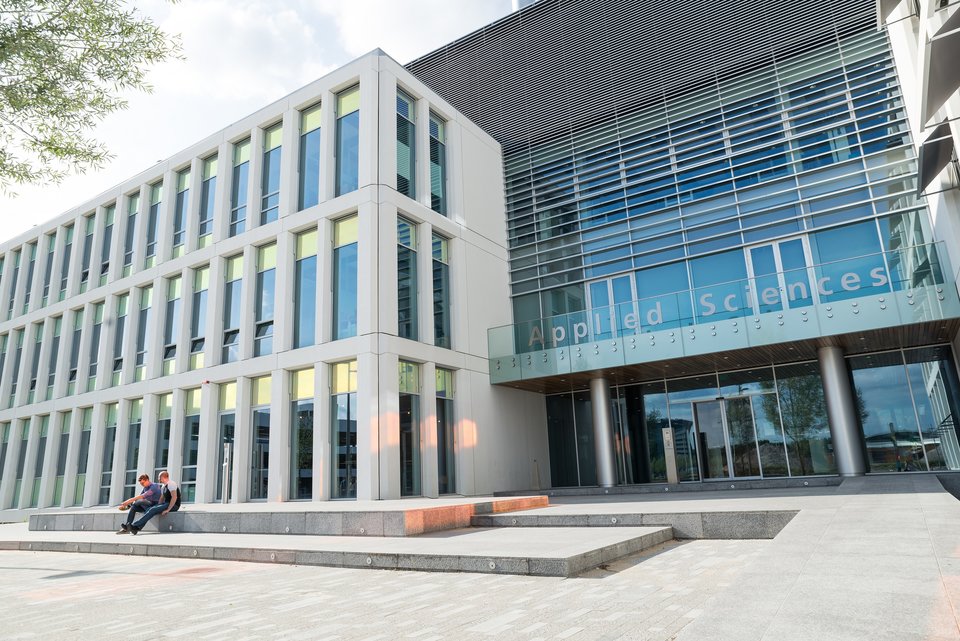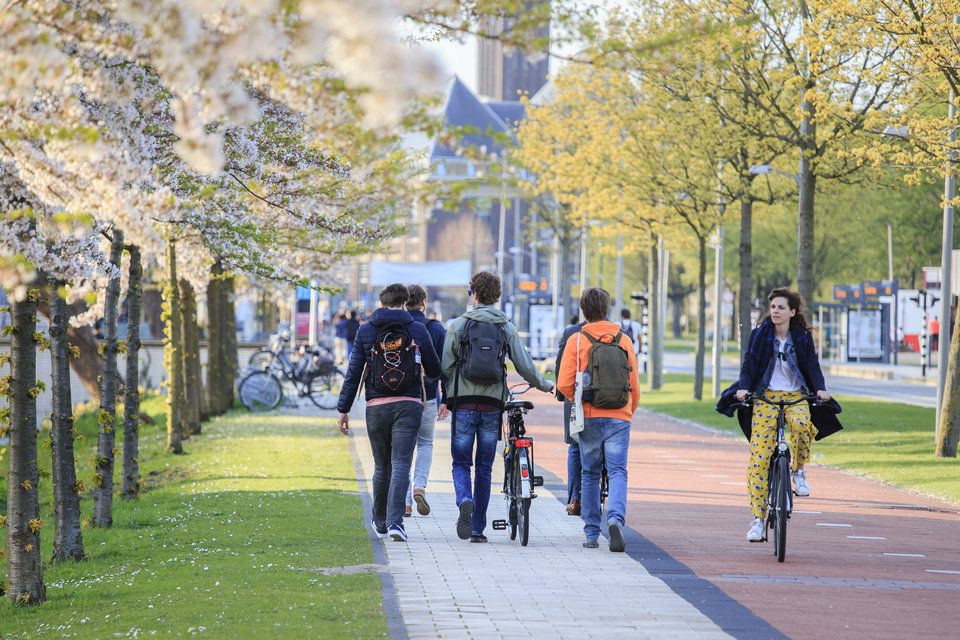MSc Life Science and Technology
The cell is the building block of life - the smallest unit with the characteristics of living systems. Life Science & Technology draws on fundamental and applied knowledge from the disciplines of Biology, Chemistry, Physics, Technology, Informatics, Pharmacology and Mathematics to unlock the secrets of the cell and understand its mechanisms.

-
Degree: Master of Science Life Science & Technology
Accreditation: Accredited by the NVAO
Credits: 120 ECTS, 24 months
Type: Regular study programme
Mode: Full-time
Start: September (for applicants with a Dutch BSc degree a start in February is also possible)
Language of instruction: English
% International students: 25%
This offers great promise not only on the theoretical level, but also for very practical applications: in developing cleaner industrial processes, better medicines, and more effective methods for combating diseases, in facilitating the isolation of enzymes for the development of improved foodstuffs, and in countless other applications.
Theory and practice
This programme aims to equip you with knowledge and expertise on the fundamental level and to familiarise you with the technologies inherent to practical applications of that knowledge. As a graduate of the programme, you will be prepared for a career in either an industrial or an academic environment. Career opportunities for graduates of the programme abound in biotechnological, food, and biopharmaceutical industries, the healthcare profession.
Specialisations
The MSc programme in Life Science & Technology comes in three "flavours", each of which finds its expression in specialisation-specific courses and in the subject of the Master's research project. Each specialisation has a somewhat different emphasis.
-
The Biocatalysis specialisation integrates enzymological, bio-organic, bio-inorganic and protein-analytical knowledge, with the aim giving students and understanding of the principles of biocatalysis. The specialisation provides theoretical and practical guidelines with respect to the determination of structure and function of single enzymes or multiple enzymes (proteomics/MS).
-
Biochemical Engineering is concerned with new processes that involve cells or parts of cells, such as enzymes, where the cells or cell parts are based on sustainable feedstocks.
-
The Cell Factory specialisation focuses on the design, understanding and optimisation of living cells as environmentally and economically sustainable production systems. The courses in this specialisation present and integrate the scientific knowledge needed to use cells (including microbial cells) and communities for the production of valuable components, ranging from food ingredients to fuels.
Combining different specialisations
Choosing any particular specialisation will not in any way limit your job opportunities. In any case, the timetable for the programme has been set up to make it possible to follow two (or even three) specialisations at the same time. This gives you the possibility to first sample the different flavours, and only later in the first year to definitively choose a particular specialisations.

